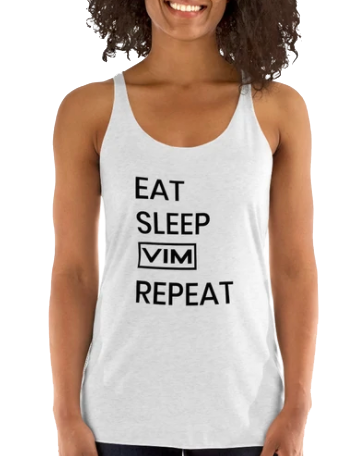It’s finally April in Boston, which means the Boston Marathon is right around the corner!
If you’re one of the brave souls toeing the line on Monday, you don’t want nutrition to undo your hard months of training! Be smart in the days leading up to the race, and make sure you follow these simple ‘Marathon Fuel’ tips the day-of to ensure smooth running!
- Top Off the Tank.
Midrun fueling will help maintain your energy levels over the course of 26.2 miles, but your pre-run meals are crucial. For the two to three meals before your race, choose high-carb, moderate-protein, and low-fat and fiber options. - Don’t eat anything new.
You know your body best, so in the days leading up to the marathon stick to foods you’ve eaten before and that you know your stomach can easily digest. For some runners that could mean avoiding high-fiber foods, high-fat foods, or dairy. Eating high-carb foods, such as pasta, rice, and potatoes, will ensure your glycogen stores are stocked for race day, but don’t consume a new food just because it’s high in carbohydrates. - Stay hydrated during the race.
A good general guideline is to drink 3 to 6 ounces of fluid every 15 to 20 minutes. This averages out to grabbing a cup every other mile. Since the first water stop in a race is often very crowded, skip it and get a drink at the second stop. - Take heat into consideration.
The ideal marathon racing temperature is in the mid-50s, but if the temperature soars into the 70s or 80s on race day as it has in the past, you must drink more. Increase your fluid intake by sipping sports drinks, not just water. The carbs in sports drinks help restock spent energy stores. Most sports drinks will also replace the electrolytes you lose in sweat, helping you avoid hyponatremia (low blood-sodium level caused by excessive water intake). - Develop a race-day nutrition and hydration plan.
When you’re tired and miles from the finish, you can’t always make the best decisions about refueling. Develop a plan ahead of time so you know what and when you’ll eat and drink. Be sure that plan includes drinking and consuming calories within 45 minutes to an hour after the start. If you wait too long, you might become dehydrated or run out of steam early in the race. - Know Your Mid-Race Fuel
Trust me, you will need fuel. But make sure you stick with whatever gel, chew, or energy food you have been using in training runs. Whether you use gels or chews, make sure you chase them with a few sips of water. Try taking gels when you’re approaching a water stop. It may also be helpful to consume a gel slowly, over the course of a few minutes. Another way to fuel-up without GI distress, try splitting packs of six chews into two fueling stops. If you decide to have a sports drink at the water stop, try alternating water and sports drink at each fluid stop to avoid consuming too much sugar. - Start your recovery early.
Refueling after the marathon is essential to help your body recover quickly. Eat or drink about 200 or 300 calories of carbohydrates and some protein within an hour of finishing the marathon. The carbs refuel your muscles with glycogen, and the protein will help repair your muscles. Eat a full meal as soon as you are able to continue the recovery process. And remember to slowly drink fluids to rehydrate after you cross the finish line.
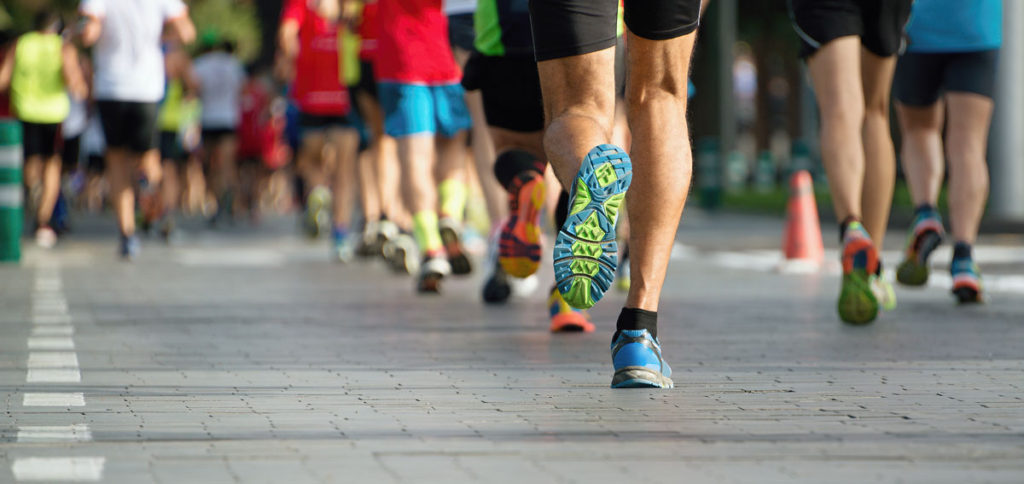
Blog post written by Trainer, Sarah Oliver
VIM is now offering nutrition services with Trainer & Nutrition Coach, Christine Galvin!
Click below to find out how you can benefit from 1 on 1 Nutrition Coaching!
[button link=”https://vimfitness.com/nutrition/” text=”LEARN MORE” color=”green” size=”large” fullwidth=”true”]

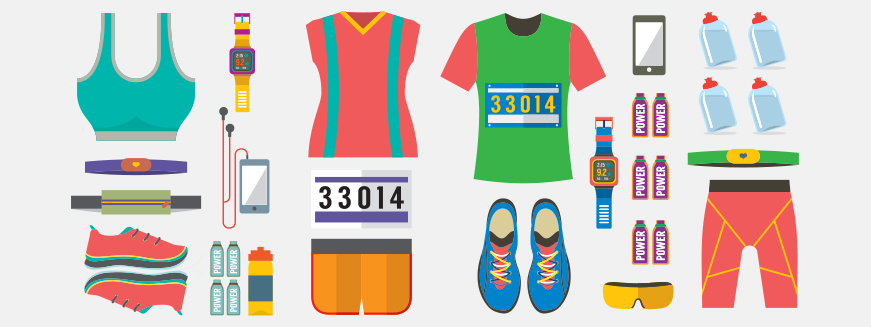








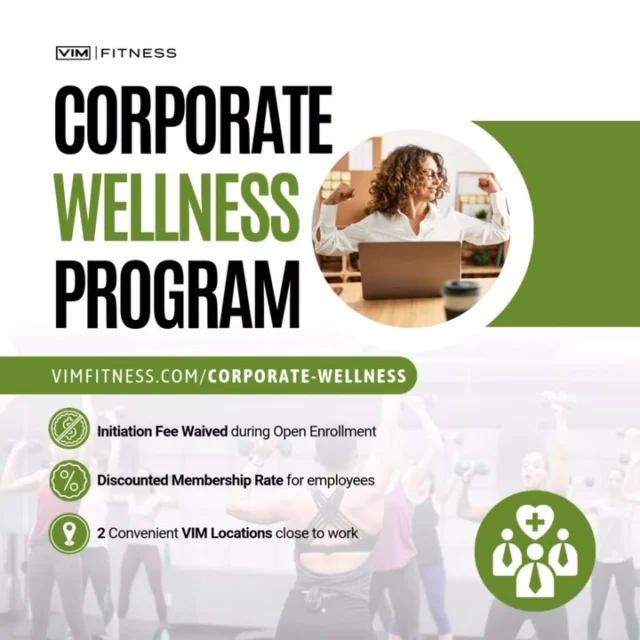
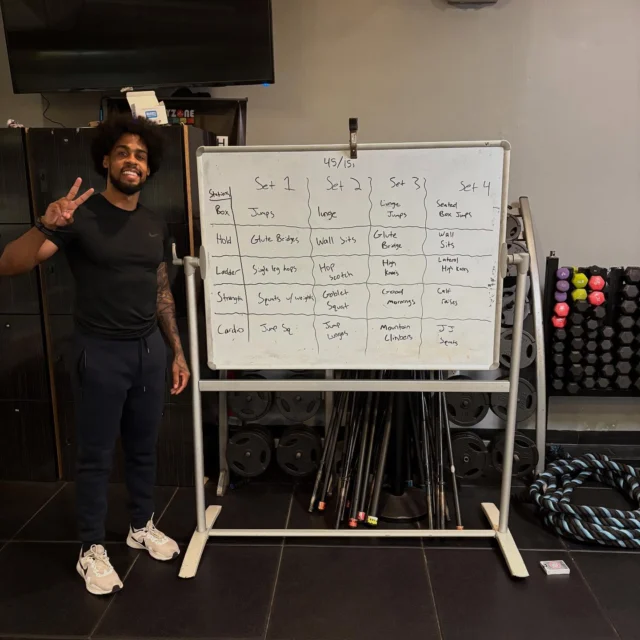
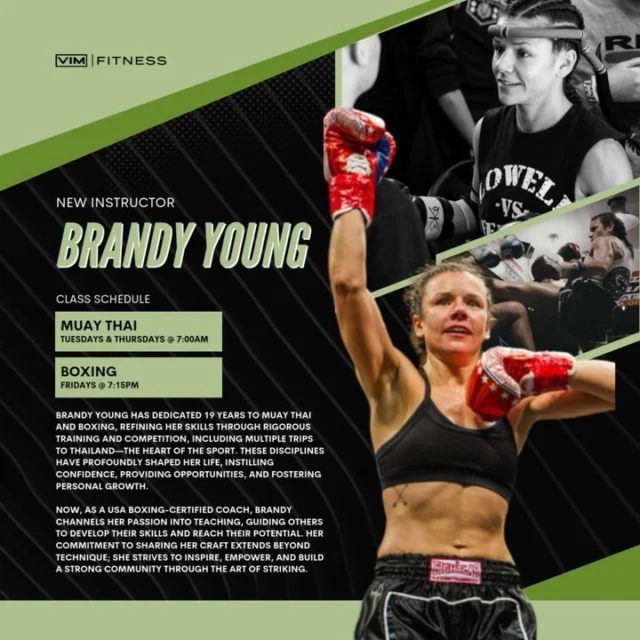
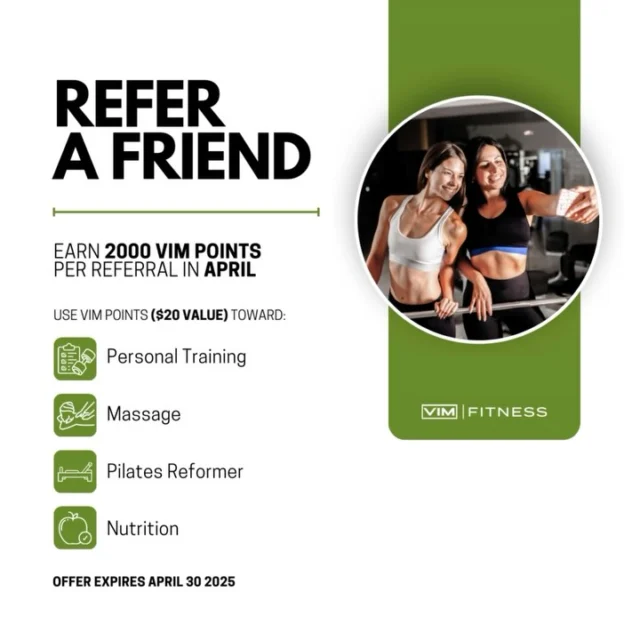
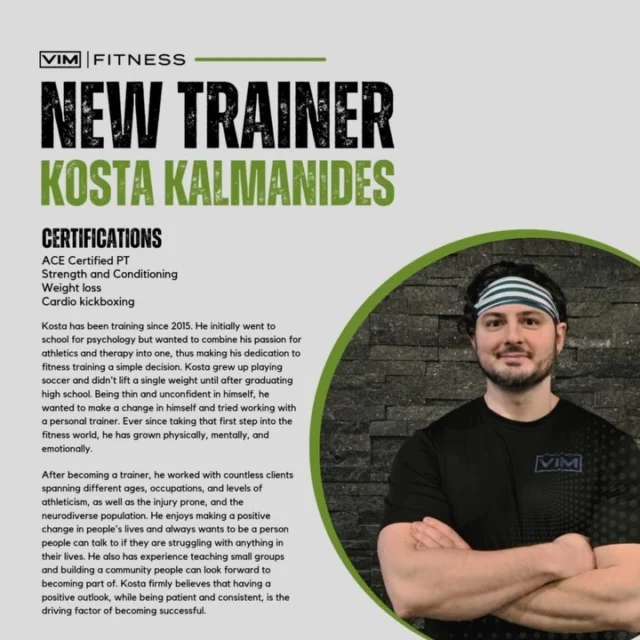
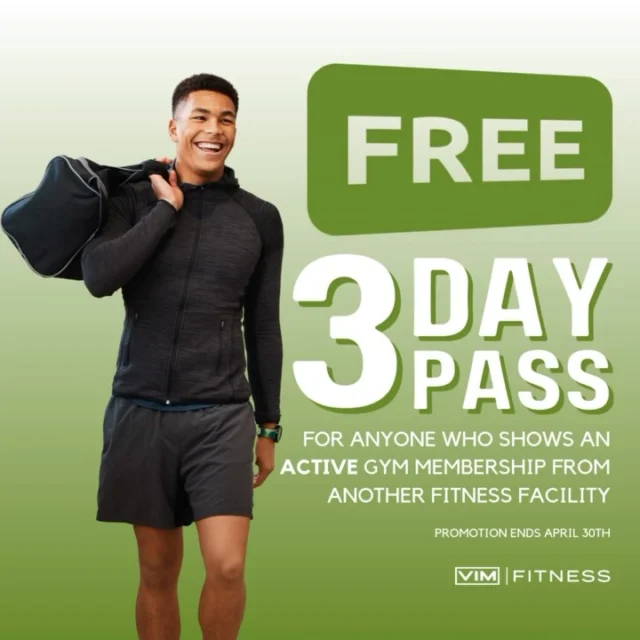
 LIMITED TIME DEALS FOR APRIL
LIMITED TIME DEALS FOR APRIL

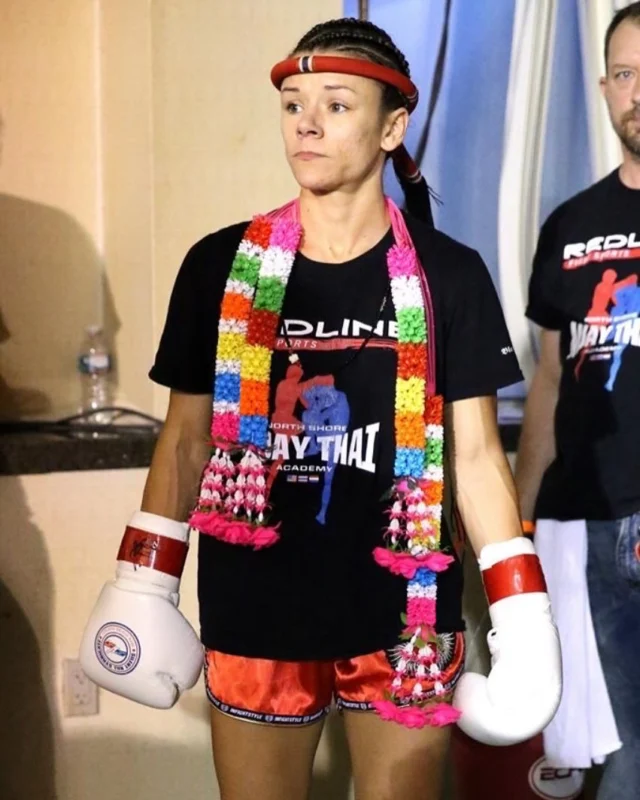
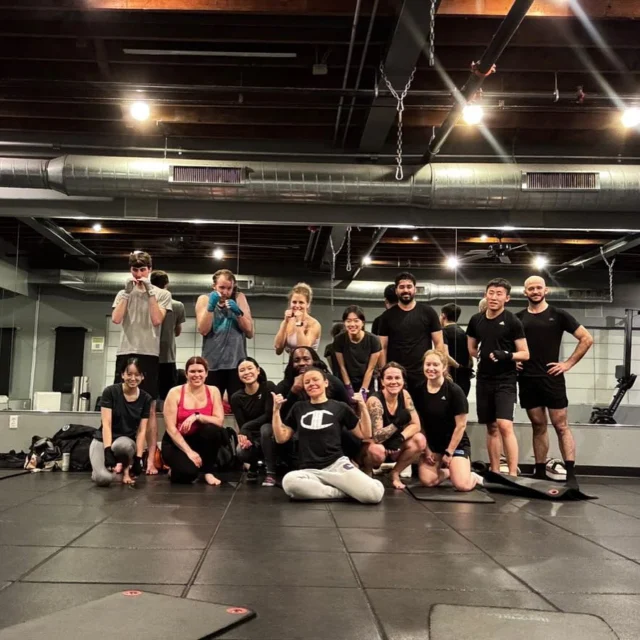
 SPRING SCHEDULE
SPRING SCHEDULE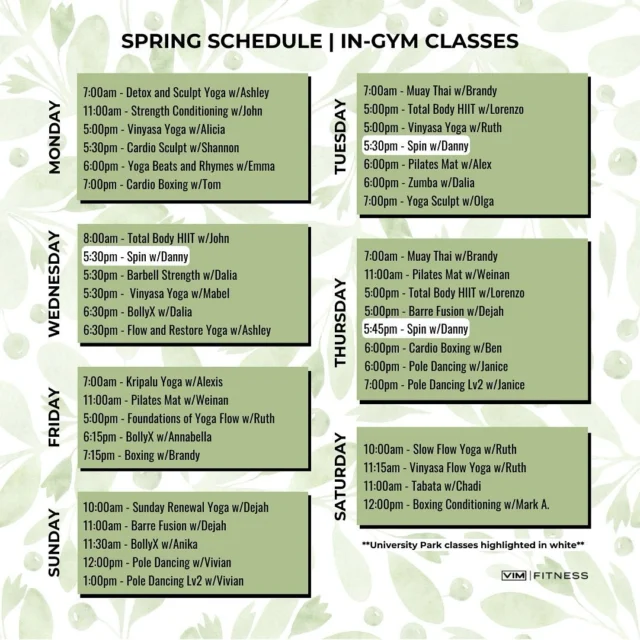
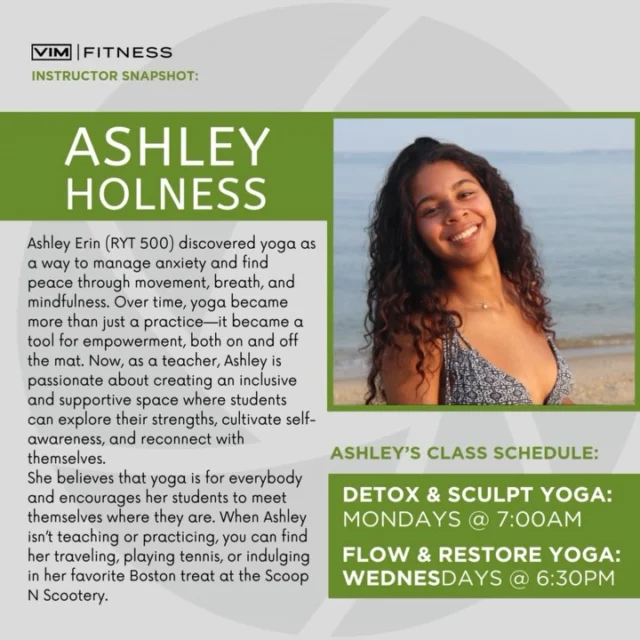
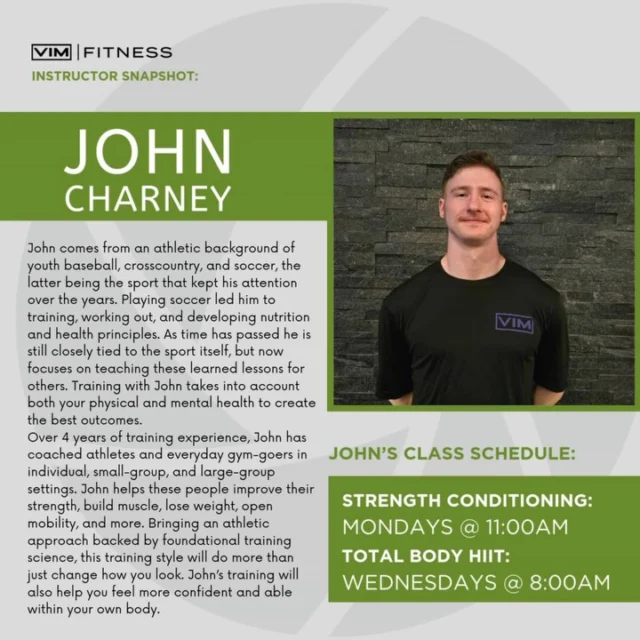

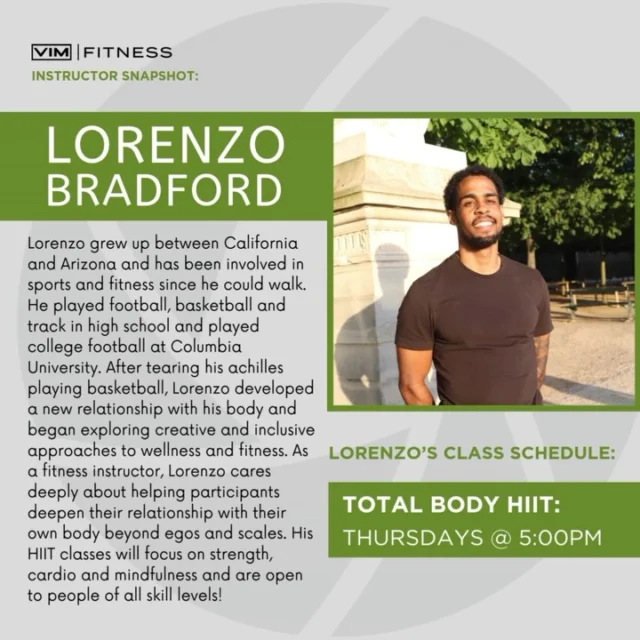
 Happy St. Patty’s Day
Happy St. Patty’s Day

